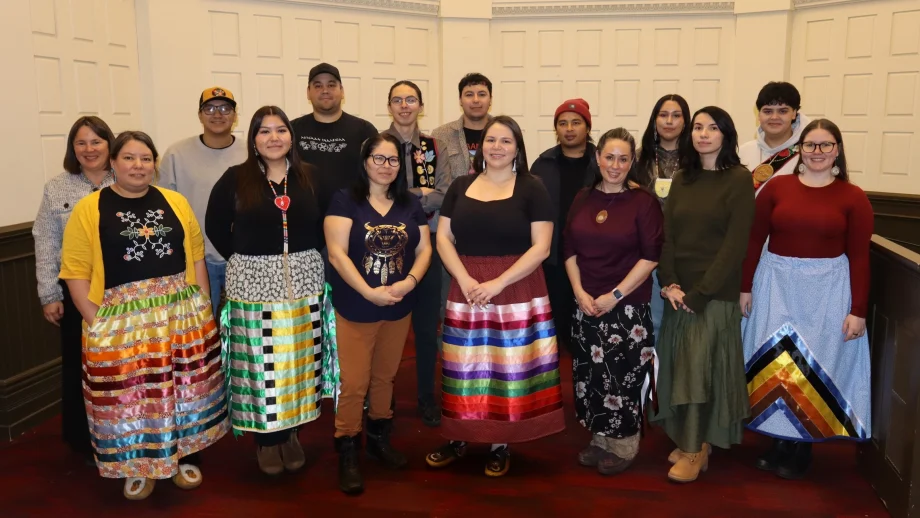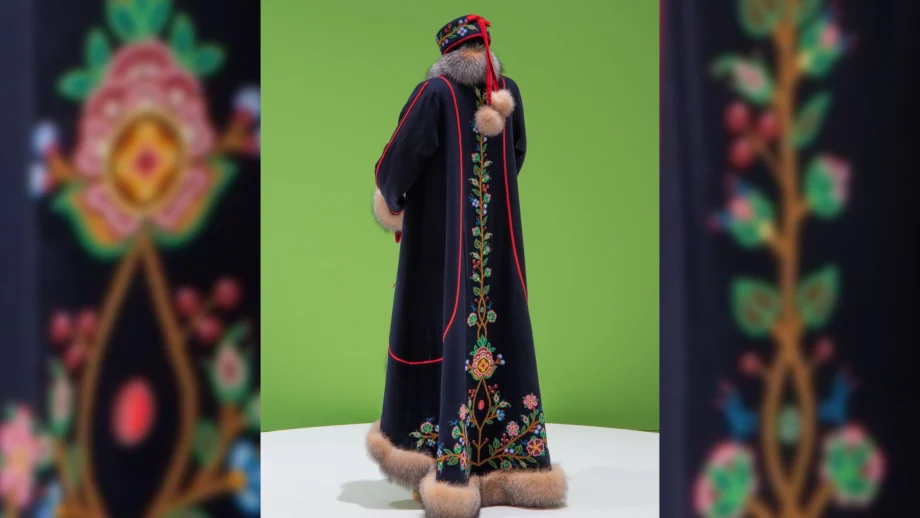WINNIPEG, MB – The University of Winnipeg has been selected to become the international hub for the study of Indigenous peoples and communities joining a prestigious world-class network of universities.
The John D. and Catherine T. MacArthur Foundation announced today that it has awarded UWinnipeg a highly competitive international grant of $800,000 USD that will go towards establishing a unique and specialized Master’s in Development Practice (MDP) with a focus on Indigenous Development. UWinnipeg is the only university to specialize in Indigenous Development in the world within the MDP program. This graduate program could begin as early as August 2011, subject to University Senate and The Council on Post-Secondary Education (COPSE) approval.
Creating Leaders in Indigenous Development
The MDP will combine training in the health sciences, natural sciences, social sciences and management to give practitioners the tools to address the world’s most challenging problems while creating leaders in Indigenous development studies.
“UWinnipeg is honoured to join a prestigious list of institutions to establish this unique graduate degree,” said Dr. Lloyd Axworthy, UWinnipeg President and Vice-Chancellor. “Rather than focus on traditional classroom study, the MDP will develop practical skills through comprehensive periods of field training to provide hands-on, problem-solving experiences for students. Students will also be a part of a diverse network of universities that transcends borders, offering online `global classrooms’ on sustainable development with the sharing of information that will be hard to match.”
A Global Network
UWinnipeg joins a Global Network of 22 prominent academic transnational institutions that include: Columbia University’s Earth Institute (New York, USA), The Institute of Political Sciences (Paris, France), Universidade Federal Rural do Rio de Janeiro (Rio de Janeiro, Brazil), Tsinghua University (Beijing, China), University of California (Berkeley, USA), and James Cook University (Australia). A complete list of MDP’s global network of universities is included in the attached backgrounder and at http://grantmap.macfound.org/hosting/mdp/.
Prospective students in the MDP programs currently being established with MacArthur funding are individuals with relevant undergraduate degrees, a strong interest in global development, and excellent leadership skills. At UWinnipeg, the intent would be to design a program that would attract a significant number of Indigenous students. MDP graduates will work as leaders in global development locally, nationally and internationally.
In Partnership with other Universities
UWinnipeg would deliver the proposed MDP program in partnership with other universities and organizations in Canada and abroad to coordinate field placements and provide courses for students that would link Indigenous communities throughout Canada, and in Latin and South America. UWinnipeg officials have already developed relationships in Peru and Mexico where a number of universities, government and non-governmental officials expressed great interest in supporting the UWinnipeg MDP program through student recruitment, academic programs and field placements.
“Today’s global development challenges – from human rights to extreme poverty and climate change – are interconnected,” said Barry Lowenkron, MacArthur’s Vice President for Global Security and Sustainability. “So the next generation of sustainable development leaders must be able to draw on our best knowledge across multiple fields such as agronomy, health, and the environment.”
UWinnipeg also announced today that should the program be approved by the University’s Senate and COPSE, it would establish a MDP Advisory Circle to be led by Dr. Phil Fontaine, former National Chief of the Assembly of First Nations. The Advisory Circle would work with the University to facilitate Indigenous traditions and assist in reaching the MDP’s goal in training world leaders in sustainable development.
“UWinnipeg is consulting key stakeholders at a grassroots level including Indigenous and northern communities” explained Dr. Fontaine. “Broadening the breadth of voices has contributed greatly to the final proposal, which I believe reflects the nature of the graduate program, its relevance and the importance to have this world class academic opportunity in our own backyard.”
Subject to the University’s Senate and COPSE final approval, the MDP would be launched in the 2011 academic year with an introductory class of 20 to 25 students.
UWinnipeg is renowned for research, scholarship, creativity and innovation and is committed to access and academic excellence. All academic programs are interdisciplinary in nature and are designed to create critical thinkers and lifelong learners. UWinnipeg has well-established relationships with Indigenous Elders, faculty, practitioners, guest lecturers, and community members, along with an institutional record of Indigenous scholarship that includes teaching and research. The MDP program, with UWinnipeg’s other graduate programs, offers a challenging and innovative blend of theoretical and applied studies and includes locally delivered courses; local, national and international guest lecturers; and practical case studies and interdisciplinary projects. For information on this exciting visit MDP or email mdp@uwinnipeg.ca.
This grant is part of a $16-million MacArthur investment to seed the creation of new Master’s programs in sustainable development practice at universities worldwide over three years. The first awards were made last year to 10 universities in seven countries. Together, the universities are expected to produce 400 graduates by 2013, with a total of 800 students enrolled each year.




